No products in the cart.

Want to Live Longer? Science Says You Should Hit the Sauna More Often
Posted by: Didrik Sopler, Ph.D., L.Ac.
Discover how regular sauna sessions can boost heart health, reduce stress, and extend your life—backed by science. Start your longevity journey today!
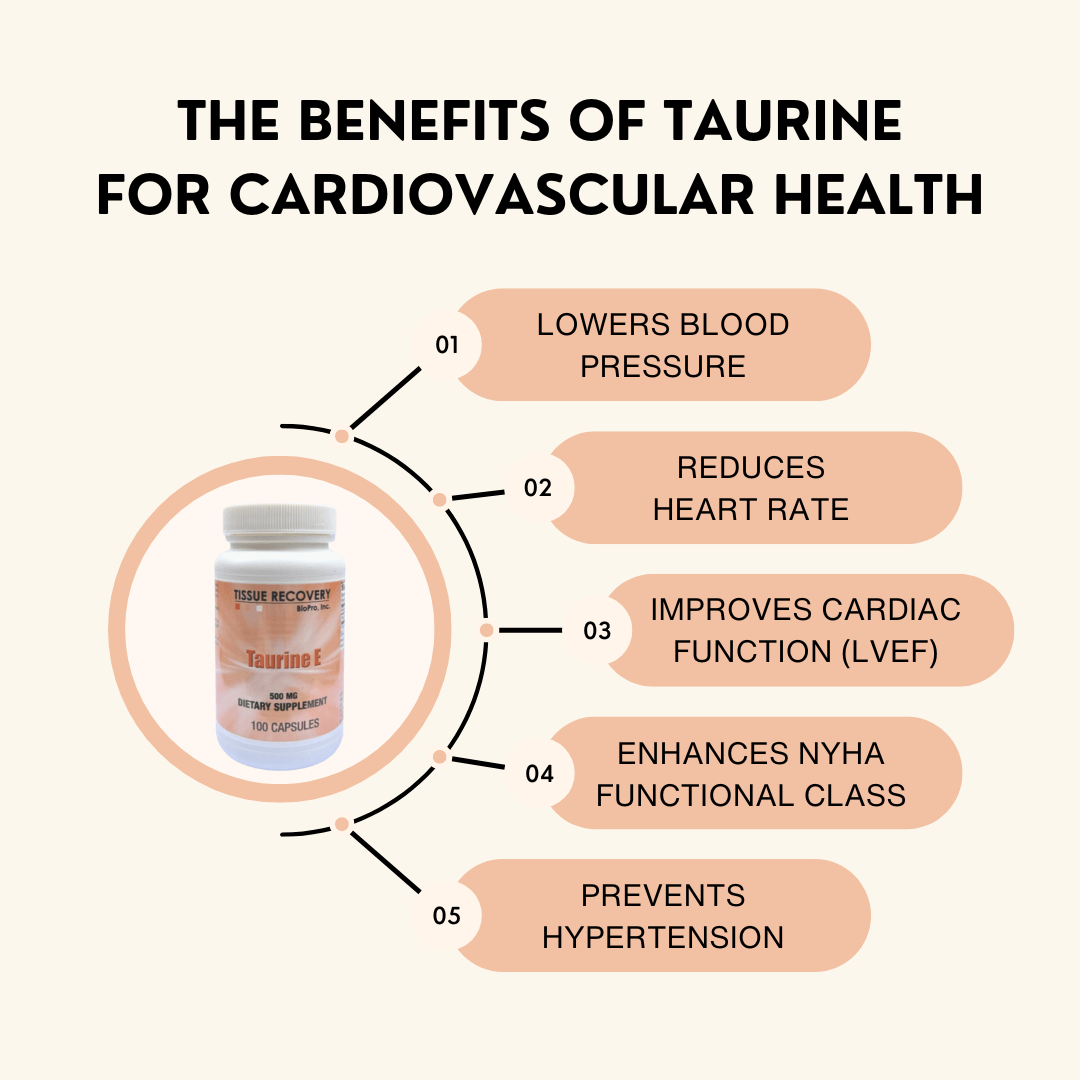
The Benefits of Taurine for Cardiovascular Health
Posted by: Didrik Sopler, Ph.D., L.Ac.
Taurine is more than just an amino acid. Emerging research highlights its impressive benefits for cardiovascular health, including blood pressure reduction and improved heart function. Learn how taurine can potentially enhance your heart health.
Read more
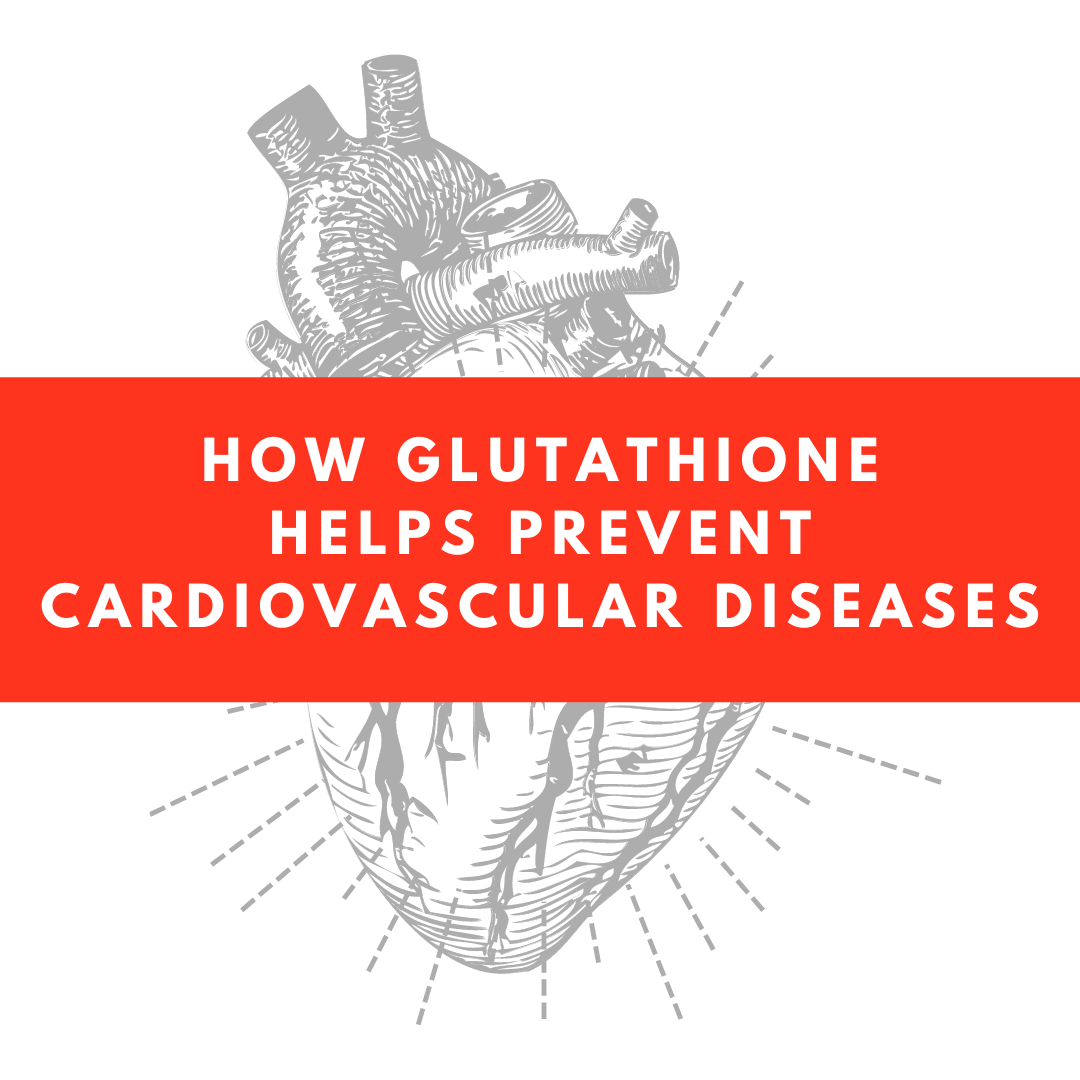
How Glutathione Helps Prevent Cardiovascular Diseases
Posted by: Didrik Sopler, Ph.D., L.Ac.
Cardiovascular diseases are a leading cause of death globally. Glutathione, a powerful antioxidant, plays a critical role in reducing the oxidative stress that contributes to these conditions. This article explores the science behind glutathione's impact on heart health and how it can be leveraged to prevent cardiovascular issues.
Read more
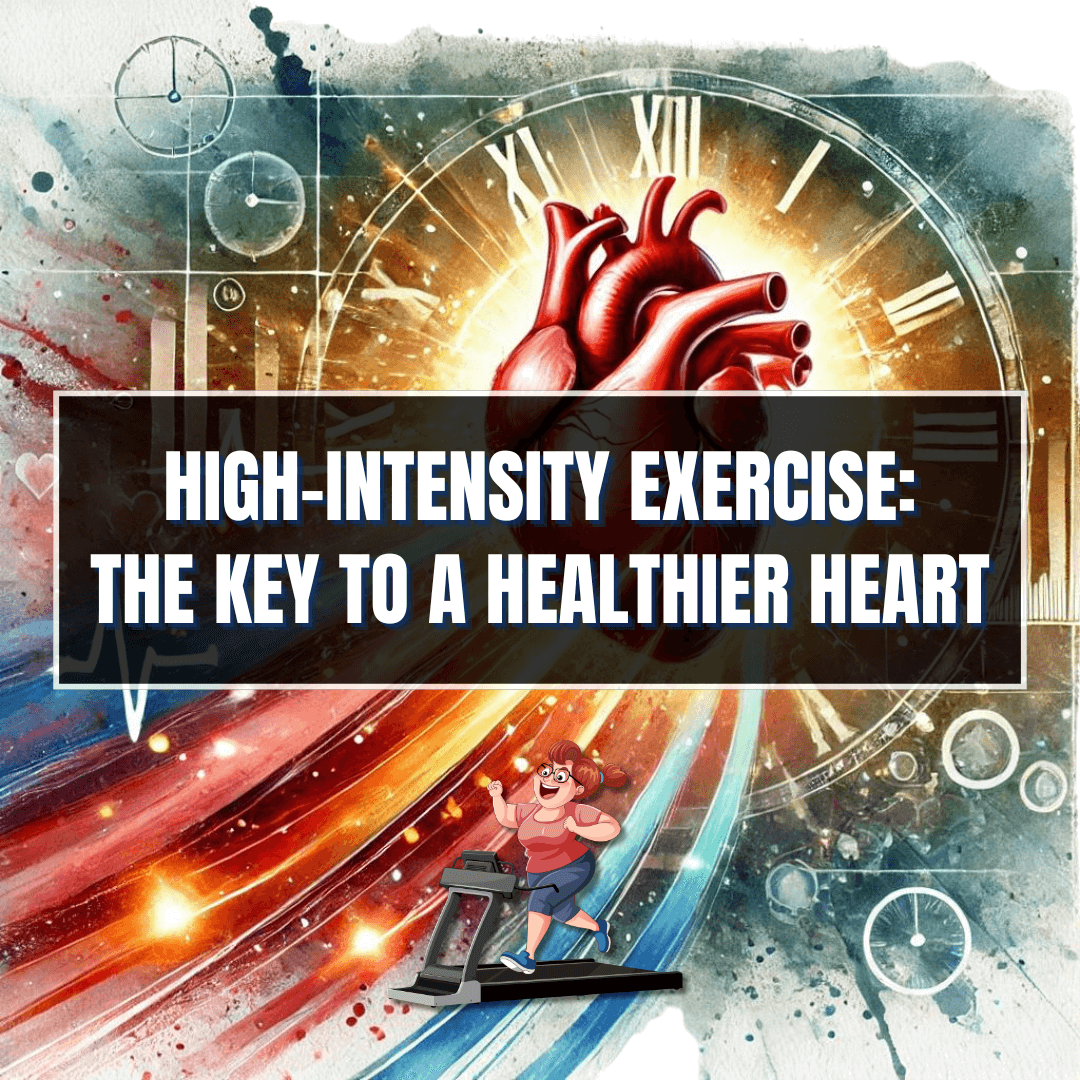
Can High-Intensity Exercise Reverse Aging's Impact on the Heart?
Posted by: Didrik Sopler, Ph.D., L.Ac.
Poor fitness and sedentary aging can increase heart stiffness, leading to heart failure. But can high-intensity exercise reverse these effects? A study suggests it can. Read on to discover how high-intensity workouts may protect your heart and slow aging.
Read more

Good Blood Circulation Is Important for the Brain
Posted by: Didrik Sopler, Ph.D., L.Ac.
Understanding the importance of good blood circulation for brain health can help prevent the progression from mild cognitive impairment to Alzheimer's disease. Learn how cardiovascular health impacts cognitive function.
Read more
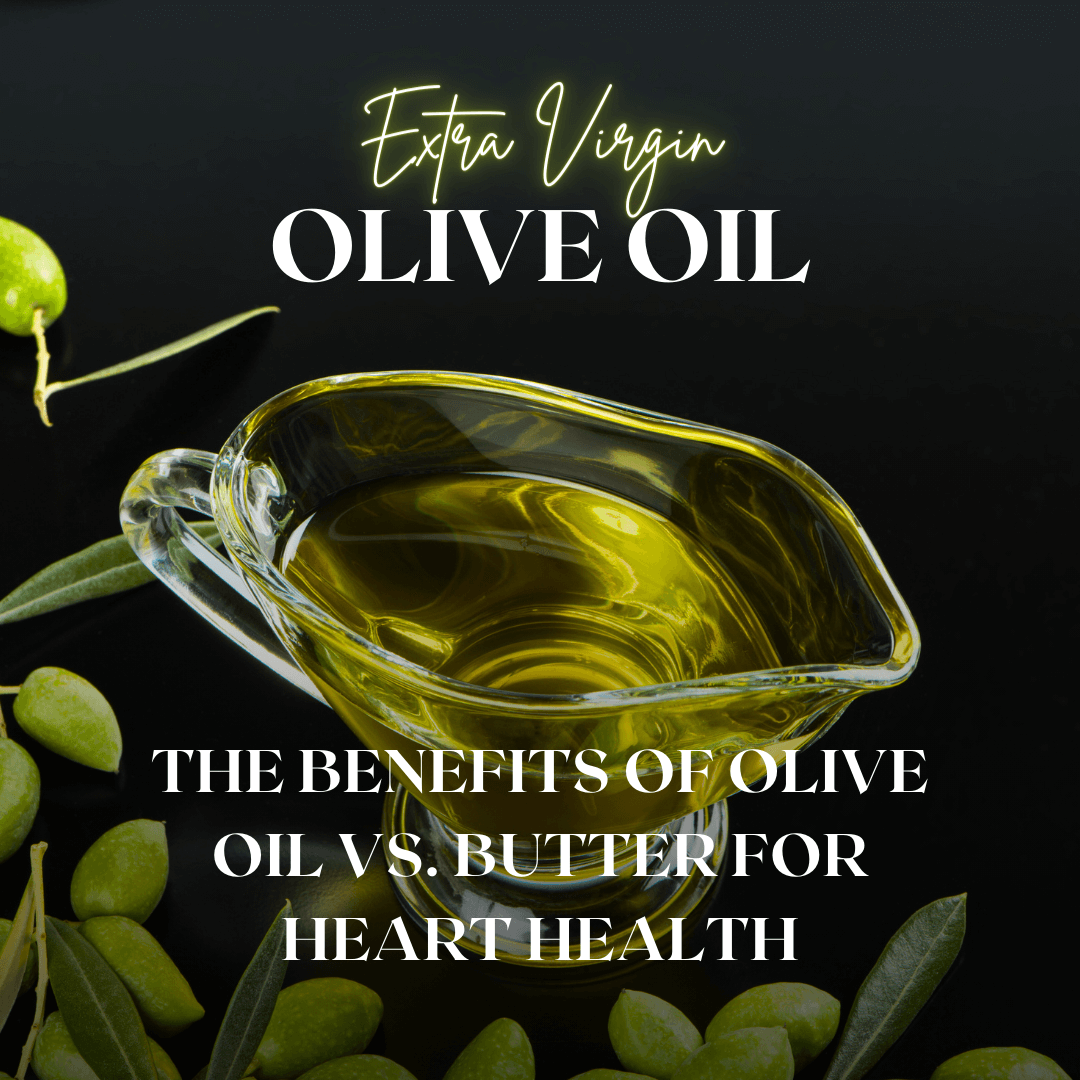
Simple Change Can Decrease Cardiovascular Risk Factors
Posted by: Didrik Sopler, Ph.D., L.Ac.
This study looked at how olive oil, compared to butter, affects our heart health markers, like blood pressure and cholesterol level.
Read more
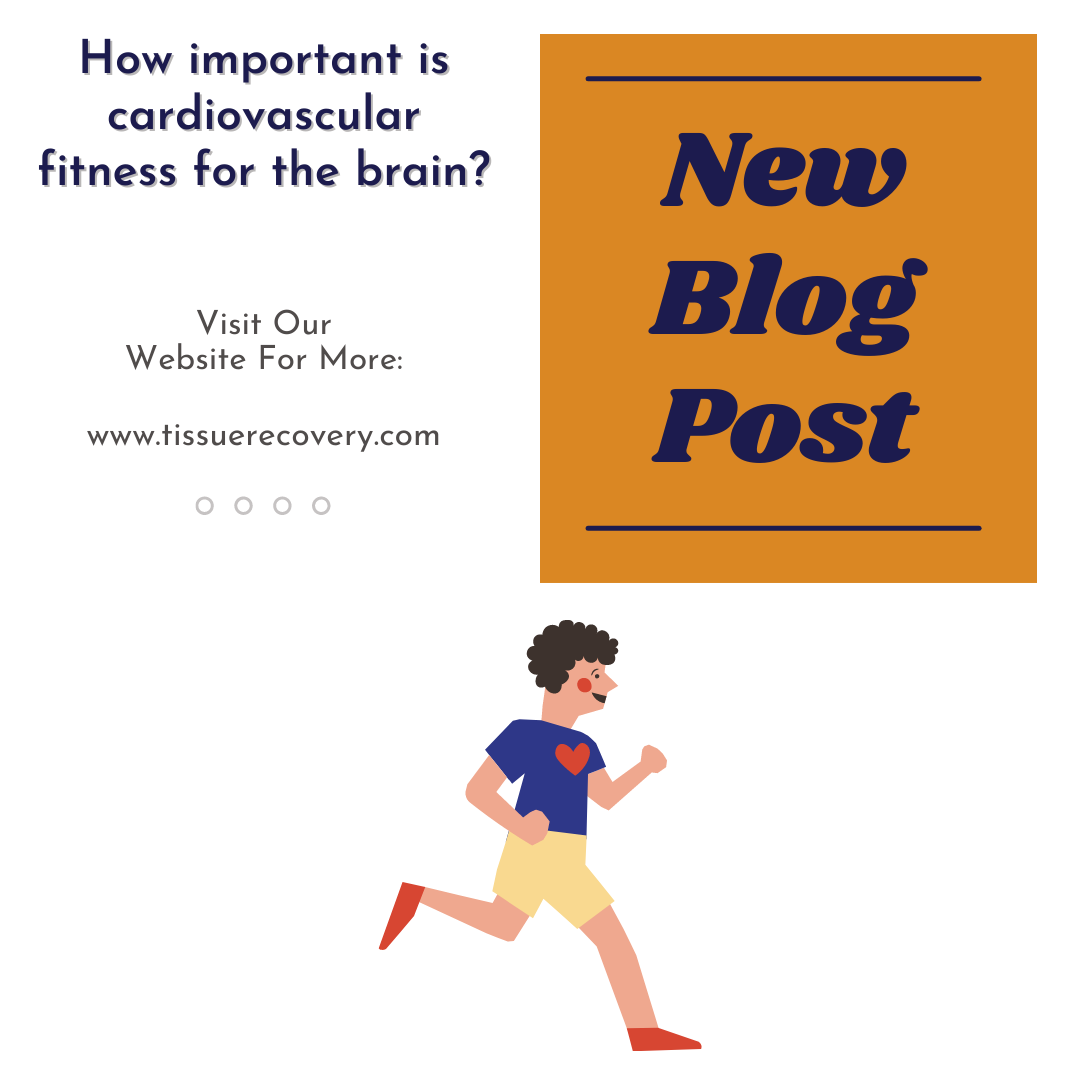
How important is cardiovascular fitness for the brain?
Posted by: Didrik Sopler, Ph.D., L.Ac.
An interesting study suggests that maintaining high cardiovascular fitness in midlife could help decrease the risk of dementia in women. Researchers followed a population-based sample of 1,462 women between the ages of 38 and 60 for 44 years. Women with high fitness levels had a lower risk of developing all-cause...
Read more
Showing: 1 -7 of 7






